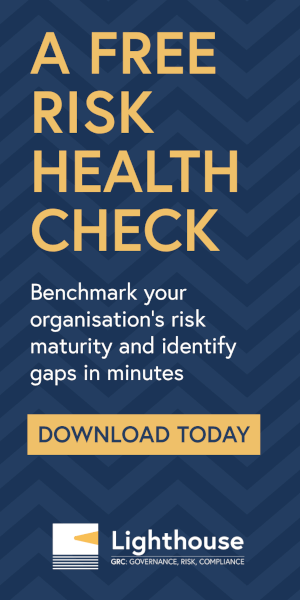WGPlus (Archive)
| So you thought you were being careful! |
|
Guest Blog by John Kearney of DXW highlights top security tips for password management Trying to make passwords more secure can often end up having the opposite effect, for two main reasons:
For evidence of how people choose passwords, you need look no further than the 10,000 most common passwords discovered in security breaches, as published on Github or this page on Wikipedia. As I write, the second most common password is “password”, “Password” is number 176, “password1” is at 207, “PASSWORD” is at 710 and “Password1” checks in at 2,968. As for the relative ease with which a computer can guess a random string as opposed to a well-crafted passphrase, XKCD tells that story better than we could. No matter how many times people are told never to use the same password across many sites & services, most still do just that. It’s human nature to take the quickest & easiest option, and the one that means we won’t forget our passwords and get locked out. Once you understand how people interact with a system, and the reasons why the rules don’t result in the right kind of behaviour, you can take a different approach. As an individual you should:
As a business, you should:
|
| Researched Links: |
|
techUK: Why we know your password and what you can do about it PC&PE: National Cyber Security Strategy needs long-term plan AXELOS: Secrets, Rumours & Lies Can cyber security prevention be any more basic than this? ‘Reputation is everything’ to an organisation and lax security could cost a fortune Not an obvious target, but data could provide access to more important systems |


